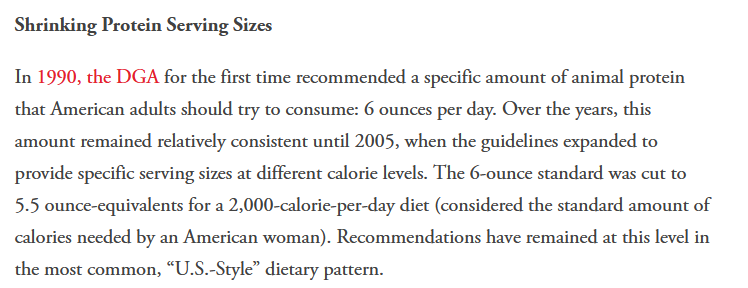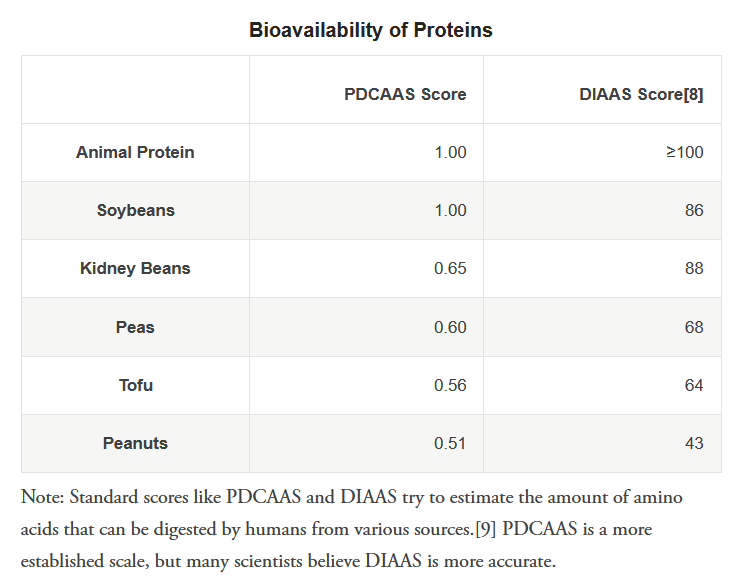Poor kids  Here there is no salt shaker on the table I have heard… (Well, it’s easy to bring our own, at least.)
Here there is no salt shaker on the table I have heard… (Well, it’s easy to bring our own, at least.)
We barely had any meat when I was a kid (I mean, we often had it but the amount was pitiful), it was just normal for school food being bad (and cheap). I ate well at home (I mean, I got satiated and liked it, it was too carby…etc. for me but I had no idea). At some point Mom and I realized it just doesn’t worth it for me to wait hungrily for an hour for the subpar school food… Thankfully, she had a flexible schedule and I could eat freshly made food (not like a not freshly made one would have been bad but still, even better). Mostly vegetarian food but there was no problem with that.
We often bought our elevensies in the school. Like, ishler with cocoa. I have difficulties to wrap my head around that as I am not the type to eat sweets for a meal (it was for the end of every meal) but I remember eating that sometimes (maybe because the alternative was some sandwich and I disliked the common sandwiches, close to no substance). Poor kids with too poor choices. I was smart but not at all regarding my food.
facepalm
I see no problem with little meat (though some people seem to need it…? it’s different for them then) except people probably wouldn’t get enough protein without it for some reason. I ate high protein on my vegetarian diet because I love and need protein and I crave it so hard. A big part of it was animal protein, just as good as meat protein. Surely there is some nutrients where meat shines more and even though eggs have almost all of them, I just can’t eat a ton of eggs with the same easy as I can eat a lot of meat but when I was younger, it wasn’t the case. But people seem to eat meat easier than eggs. In normal food, I mean, not some sugary dessert thing for eggs but even in them, eggs have a lowish ratio for others. My strongly egg based desserts aren’t what they eat. They even mess up the traditionally very eggy sponge cakes with a lot of problematic (and if you ask me, unnecessary) stuff. So… Knowing these about people, yes, meat probably helps a lot with protein. (It made me overeat protein even more so I quickly banned meat on keto but that was me in the past, things changed since. Now I know how to eat much meat and getting nice macros.) But there are still so many other protein sources.
And I do think less carbs could help with protein too… Some people lack my protein eating urge and they may feel a stomach full with sugary starches and whatnot and stop eating. I may eat a ton of fat and carbs and still crave protein, my body knows what it wants. It should be normal even if not to the extent I have it (why can’t I wait until the next day to get ALL my high protein? it’s annoying sometimes) but look at many people, eating low protein and not feeling any urge to eat more protein. So at least the ones who would track or otherwise figure out a proper protein need, could try to eat more protein sources.
Not like it’s easy to tell what is a proper protein need. I would think it’s the luckiest macro in that regard, I have found some nice range many years ago (1-2g/kg for LBM, I pretty much agree with that. our energy intake doesn’t matter, activity level do and there are individual differences but this range isn’t bad for most people) and it’s well accepted by many. It’s normal protein have this and the other two don’t as they don’t have such a natural upper limit but even the individual needs aren’t so wildly different. So we have this - but we still can find very different ranges. Some vegan sites are quite horrible, I hope not many believes in that but knowing humankind… Yes they do. Bodybuilders may go into the other direction…
By the way, 5-6 ounces of “protein”, what do they mean? 5-6 oz meat and a ton of other protein sources sounds good to me, 5-6 ounces or protein (yeah they don’t mean it) is unnecessary high for many of us… Almost everything we eat have protein. Yes, plant protein has its problems without completing it but we eat so much complete animal protein beyond meat, at least I always did. And oz of protein source isn’t informative at all as some contains less and some more. And even if it’s meat with its smallish protein content range, is it raw or cooked? It is NOT informative. It’s as useless as “portions” or calorie density. Our bodies want a certain amount of protein and other things. Mine wants 130+ g protein and that’s it. It doesn’t care which animal product gives me the protein or if it happens in 1 or 6 meals, it just wants it all until bedtime. But it accepts plant proteins too, actually, it is just not what I normally do nowadays. But I have the most experience with mixed animal and plant protein (without meat) and I had to eat the same amount then. But I mostly get my protein from animals and anyway, it’s possible I only need this much for satiation and my body gets enough from all essential amino acids if there is a limiting one. If one depends on plant proteins very much, I consider it right to do some completing and rather eating more protein than trying to stay at the minimum, that’s never a bad idea anyway unless one has the condition where very little protein must be eaten (how they function with that little I don’t know but that’s true that we may overestimate our protein need. my SO got very muscular thighs eating half as much protein as I did. a man doesn’t necessary need 100g protein at all, not even when gaining though that is more and more rare as we lower the protein, of course. I really love to eat way more and I encourage to eat more than strictly needed, we may not digest it all, we don’t know the actual numbers anyway, aging people should have more, people eating a lot of plants should have more, probably, eat more when losing fat, getting more active, wanting to gain, obviously… My SO couldn’t donate blood plasma often with his smallish intake, too bad my veins aren’t good enough for it, I so wouldn’t have that problem… So that’s another reason to consume more… But we don’t need to force-feed ourselves high amounts either especially if we suspect or experience that our individual body is just fine with less. So stay safe but don’t go too far. Not like many are prone to that but some are especially when they try to meet some inflated target numbers highly incompatible with them.)



 Here there is no salt shaker on the table I have heard… (Well, it’s easy to bring our own, at least.)
Here there is no salt shaker on the table I have heard… (Well, it’s easy to bring our own, at least.)